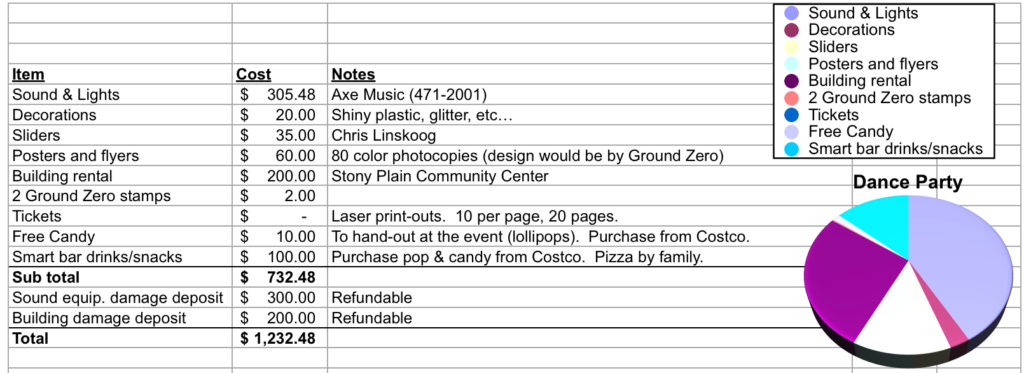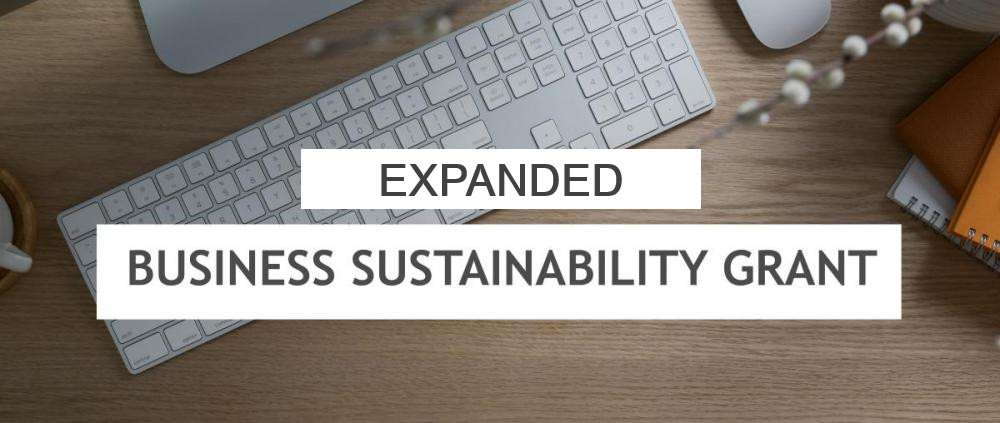Epic Games Seeks Court Order To Restore Fortnite To US App Store

Table of Contents
Epic Games' Argument for Fortnite's Reinstatement
Epic Games' argument for the reinstatement of Fortnite centers on two key pillars: violations of antitrust laws and the crucial importance of consumer choice and fair competition.
Violation of Antitrust Laws
Epic argues that Apple's removal of Fortnite constitutes a blatant violation of antitrust laws. They claim Apple's actions stifle competition and ultimately harm consumers.
- Evidence of Apple's monopolistic practices: Epic presents evidence highlighting Apple's control over the iOS ecosystem and its 30% commission on all in-app purchases.
- Restricted competition in the app marketplace: The argument focuses on the lack of viable alternatives for developers seeking to distribute their apps on iOS devices, creating a closed and controlled environment.
- Impact on consumer choice: Epic contends that Apple's actions restrict consumer choice by limiting access to alternative payment options within apps, forcing users to pay higher prices.
Epic's claims detail Apple's alleged monopolistic behavior, asserting that the 30% commission is excessive and anti-competitive. The legal filings cite specific examples of how Apple's policies prevent developers from offering lower prices to consumers through direct payments, thereby limiting consumer choice and hindering competition.
Focus on Consumer Choice and Fair Competition
A core element of Epic's argument emphasizes the fundamental importance of consumer choice and fair competition within the mobile app ecosystem.
- Examples of how Apple's policies limit consumer options: Epic highlights how Apple's policies restrict users from accessing alternative payment methods within apps, limiting their ability to compare prices and choose the best option.
- Impact on independent developers: The argument extends to the detrimental impact of Apple's policies on independent developers, who are forced to accept Apple's terms or face exclusion from the lucrative iOS market.
Epic contends that allowing multiple payment options would benefit consumers by fostering competition and potentially leading to lower prices and a wider variety of apps.
Apple's Response and Counterarguments
Apple's response to Epic's claims centers on the enforcement of its App Store guidelines and the need to maintain a secure and controlled app ecosystem.
Enforcement of App Store Guidelines
Apple maintains that its removal of Fortnite was fully justified due to Epic's violation of the App Store's payment guidelines.
- Apple's explanation of their policies: Apple emphasizes the importance of its policies in maintaining a consistent and fair environment for all developers.
- Reiteration of security and user protection concerns: Apple highlights its efforts to protect users from fraudulent apps and maintain a secure platform.
Apple argues that its strict guidelines are necessary to ensure the security and integrity of its App Store and to protect users from potentially malicious software.
Maintaining a Secure and Controlled App Ecosystem
Apple vigorously defends its stringent policies, framing them as essential for maintaining a safe and secure app environment for its users.
- Discussion of Apple's security protocols: Apple details its rigorous security protocols and review processes designed to identify and remove potentially harmful apps.
- Examples of fraudulent apps prevented by their policies: Apple provides examples of how its policies have prevented fraudulent or malicious apps from reaching its users.
Apple emphasizes the significant investment it makes in security and user protection, arguing that its policies are crucial for maintaining trust and confidence in the App Store.
Potential Outcomes and Implications of the Court Order
The outcome of this legal battle will have significant repercussions for the mobile gaming industry and antitrust law more broadly.
Impact on the Mobile Gaming Industry
The court's decision will profoundly impact the mobile gaming industry and how in-app purchases are handled.
- Potential changes to app store policies: A ruling in favor of Epic could force Apple and other app store operators to revise their policies, allowing for more flexible payment options.
- Impact on developers’ revenue models: The outcome will significantly affect how developers generate revenue through in-app purchases, potentially leading to a redistribution of revenue between app stores and developers.
The potential for increased competition and fairer revenue-sharing models could reshape the landscape of mobile gaming, giving developers more control over their pricing and payment processing.
Wider Implications for Antitrust Law
This case could set a crucial precedent for future antitrust cases involving app stores and large technology companies.
- Analysis of legal arguments and potential legal precedents: Legal experts will closely analyze the court's reasoning and its potential impact on future antitrust litigation.
- Explore the broader implications for competition and regulation in the tech industry: The ruling could influence the regulatory environment for tech companies, potentially leading to increased scrutiny of their business practices.
The implications extend far beyond the mobile gaming industry, potentially impacting how antitrust laws are applied to other large technology companies and their control over digital marketplaces.
Conclusion
The legal battle over Fortnite's removal from the US App Store is a pivotal moment for the mobile gaming industry and antitrust law. The outcome will significantly reshape the landscape of in-app purchases and the power dynamics between app developers and app store operators. Epic's pursuit of a court order to restore Fortnite to the US App Store underscores a critical debate about consumer choice, fair competition, and the role of powerful technology companies. Stay tuned for further developments in this important case and continue to follow the unfolding developments around the Fortnite US App Store restoration. The future of in-app purchases and the balance of power in the mobile app ecosystem hangs in the balance.

Featured Posts
-
 How Huge Raves Generate Significant Economic Activity
May 19, 2025
How Huge Raves Generate Significant Economic Activity
May 19, 2025 -
 Fsu Shooting Victims Family History A Cia Connection
May 19, 2025
Fsu Shooting Victims Family History A Cia Connection
May 19, 2025 -
 Sustainability Grants And Funding For Small Businesses
May 19, 2025
Sustainability Grants And Funding For Small Businesses
May 19, 2025 -
 Patriarxiko Sylleitoyrgo Ston Golgotha Pneymatikotita Kai Istoria
May 19, 2025
Patriarxiko Sylleitoyrgo Ston Golgotha Pneymatikotita Kai Istoria
May 19, 2025 -
 You Tuber Arrested For Spying Isi Connection In Punjab Espionage Case
May 19, 2025
You Tuber Arrested For Spying Isi Connection In Punjab Espionage Case
May 19, 2025
